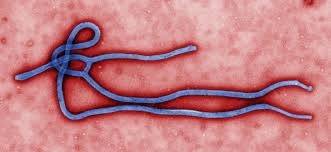The World Health Organization (WHO) has officially lifted the international public health emergency status for Mpox, formerly known as monkeypox, signaling a significant step in the global fight against the virus.
WHO Director-General, Dr. Tedros Adhanom Ghebreyesus, announced the decision after experts concluded that the outbreak is now under control in most parts of the world. He explained that while Mpox remains a health concern, the risk level has dropped enough to remove the Public Health Emergency of International Concern (PHEIC) classification.
According to Dr. Tedros, the decision reflects declining case numbers, improved access to vaccines, and stronger public health responses from affected countries. “We now see steady progress in controlling Mpox worldwide. This does not mean the virus is gone, but the global threat level has decreased,” he said.
However, WHO stressed that vigilance is still necessary. The organization warned that Mpox continues to circulate in some regions, and countries must maintain surveillance, vaccination campaigns, and community awareness to prevent future outbreaks.
“We urge all nations not to drop their guard. Continued investment in monitoring and public health systems is essential to stop Mpox from resurging,” WHO added.
Mpox, a viral disease related to smallpox, spread rapidly across several continents in 2022, prompting WHO to declare it a global health emergency. The outbreak caused thousands of infections and several deaths, leading to widespread vaccination drives and public health campaigns.
With the emergency status lifted, governments are expected to transition Mpox management into long-term health strategies rather than emergency measures. WHO reaffirmed its commitment to supporting countries in surveillance, research, and equitable vaccine distribution.






















